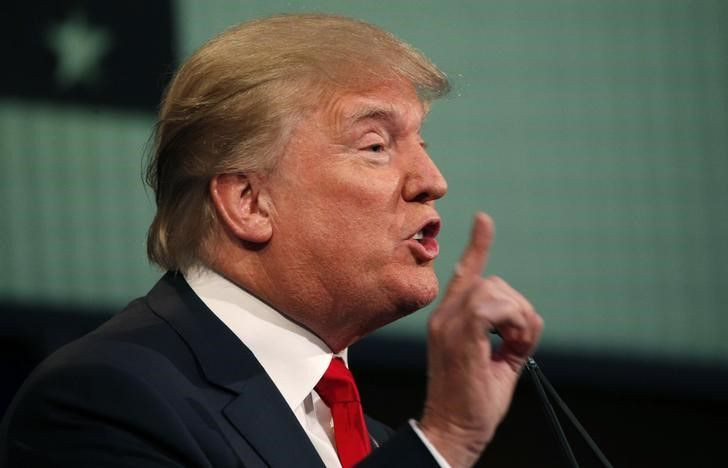Pitch Perfect: Americans Favor Politicians With Deep Voices, Perceive Them As Better Leaders

How political candidates sound when giving speeches may be just as important as what they say in them, according to a new study.
Researchers from the University of Miami and Duke University found voters naturally prefer candidates with deeper voices, a characteristic that's prehistorically associated with strength and leadership. Cavemen, researchers explained, were favored for their physical prowess, not their wisdom and experience. These "caveman instincts" may still affect perceptions of leadership today.
"Modern-day political leadership is more about competing ideologies than brute force," study co-author Casey Klofstad, an associate professor of political science at U-Miami, said in a press release. "But at some earlier time in human history it probably paid off to have a literally strong leader."
Klofstad's study is part of a larger research project that examines the "unconscious biases" influencing voters one way or another. The results were on par with previous research, which also found that voters favored candidates with deeper voices. Apparently, a deep voice is a sign of competence and integrity — these findings were true of female candidates, too.
Klofstad said that equating a deep voice with brawn or physical strength can have some merit. Men and women with lower voices generally have higher testosterone, he cited, which can increase physical strength and aggression.
What was somewhat more difficult for researchers to pinpoint was the relationship between a deep voice and modern-day leadership, mainly why those voices were associated with traits, like competence and integrity. The researchers suggested this may be because we associate lower-pitched voices with age and wisdom.
To test this hypothesis, the team had 800 volunteers complete an online survey regarding two hypothetical candidates of different ages and sexes. The results showed voters were more likely to choose candidates aged 40 to 60 than they were to choose candidates aged 30 to 70.
"That's when leaders are not so young that they're too inexperienced, but not so old that their health is starting to decline or they're no longer capable of active leadership," Klofstad said. "Low and behold, it also happens to be the time in life when people's voices reach their lowest pitch."
For the second half of the study, participants listened to different pairs of recorded voices saying, “I urge you to vote for me this November.” Each voice in the pair actually came from the same person, but one was altered with computer software to have a higher or lower pitch. The results of this experiment showed the deeper-voiced version won 60 to 76 percent of the votes. However, when asked how they perceived each candidate, volunteers said competence mattered more to them than age. So whether candidates with deeper voices are actually better leaders remains unclear, for now.
Klofstad and his colleagues now plan to see if voice pitch correlates with leadership ability in the form of number of years in office or bills passed.
"Most people think they make purely conscious decisions about who to vote for, but this isn’t the case," Klofstad said. "We think of ourselves as rational beings, but our research shows that we also make thin impressionistic judgments based on very subtle signals that we may or may not be aware of."
Source: Klofstad C, Anderson R, Nowicki S. Perceptions of Competence, Strength, And Age Influence Voters TO Select Leaders With Lower-Pitched Voices. PLOS ONE. 2015
Published by Medicaldaily.com



























